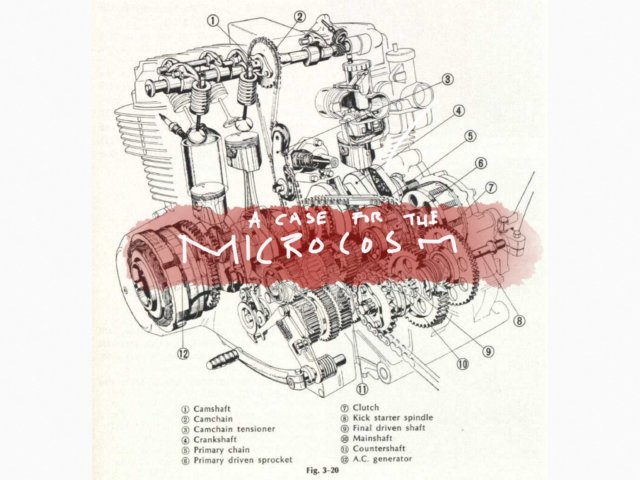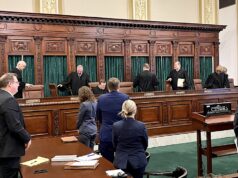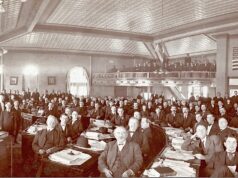
There’s a lot of good and necessary talk about Oklahoma’s budget crisis in the news right now. There’s pointed economic research and political speculation, both of which are warranted in our predicament, though I cannot help but feel that two crucial viewpoints are getting lost: the bigger picture and the way forward.
Without looking at the politics or effects of this budget crisis for a moment, I’d like to look at where Oklahoma is at as a state, and why I think we have a great potential to become a Petri dish for modern American governing.
Some stats about the Sooner State
Here’s a picture of Oklahoma as compared to the rest of the union:
- We are the fifth-most oil-rich state in the union.
- We have the 39th-highest median income.
- We’re 46th in education spending.
- We have the 36th-highest poverty rate.
- We’re 35th in state and local tax rates but sixth when combined with federal taxes.
- We’re 35th in tax revenue.
- We have 101 representatives and 48 senators in Oklahoma who serve staggered four-year terms, which means that 74 seats in our State Capitol will be up for re-election sometime in the next two years. (I’m not suggesting we oust everyone who’s currently working at the Capitol, but we could make all 74 elections driven by policy, which would be huge in itself.)
- Further, Oklahoma is fairly insulated from national politics. We hold little weight in Washington, D.C., and I think that’s our most massive advantage.
There are fewer weaknesses than I would have assumed, as many strengths as I’d hoped for, and more opportunities than I’d thought.
Oklahoma needs its own campaigning norms
If we focus less on what is happening nationally, stop relying on D.C. to find our bootstraps for us and pull ourselves up, I think we could do marvelous things.
I say this is because the larger politicking of national elections has a lot to do with the amount of separation between candidates and constituents. Because of this, national elections tend to focus on “who is this person?” with commercials that flaunt staged family photos instead of policy discussion.
That’s the foundation of what we can change, and we can change it because we’re small and self-aware. There aren’t many of us, and we’re not stupid. We can prove this by demanding substantive debate in town halls, elections and any public forum that our electorate emphasizes.
We could start putting the pieces of governance together – from theory to practice – and start demanding the same from our representatives.
If we created researched policy debate instead of rhetoric and moral superiority, where would we be? If we began to take apart the mechanical parts of state government, labeled the pistons and valves, where could we be?
We have a chance, a real chance, at becoming an oasis of critical thinking applied to state and local politics. We only need to shed the norms of national campaigns (they don’t fit our state, anyway) and make our own campaigning norms.
Poised for change in the middle of America
This is how we do it in Oklahoma. We’re straightforward and gruff. A no-nonsense campaign would be a beautiful thing, and I see no real reason why we couldn’t manifest it here, in the middle of America, where the wind comes sweeping down the plains.
We have resources. We have income. If we could better manage our education funding, we’d be a perfect breeding ground for innovation and new technologies. That’s the step that comes after taking control of our elections.
If we focused less on attracting Amazon and Microsoft to Oklahoma and focused more on encouraging the next Bezos or Gates to develop their inventions in an Oklahoman’s garage, there’s nothing we can’t do.
We have to play to our strengths, which are: resources, a growing civic focus and relative anonymity.
We also have to solidify (or re-write) our social contract. Part of defining our civic focus is to ask ourselves, what do we as a state require of our government in exchange for consenting to being governed? What’s our most basic contract?
Those are the questions we should suss out in town halls and debates, those are the questions we should think about when we watch the news report on our budget crisis and elections, and those are the questions we should figure out for ourselves as we sit mostly unnoticed in the middle of America, poised for change.





















